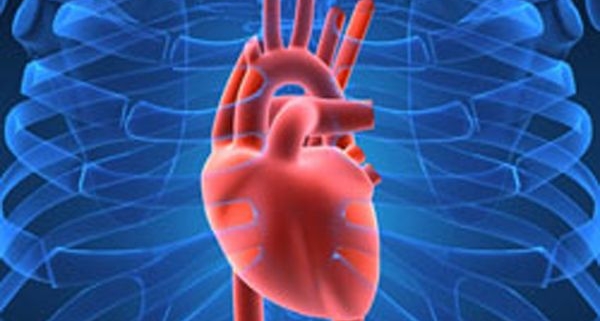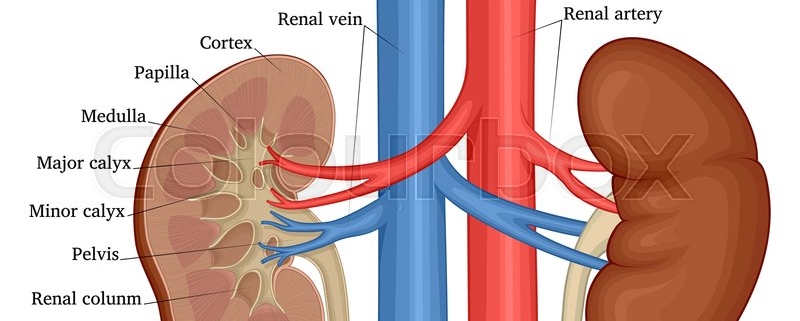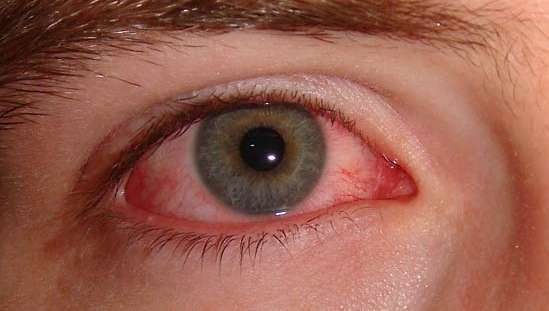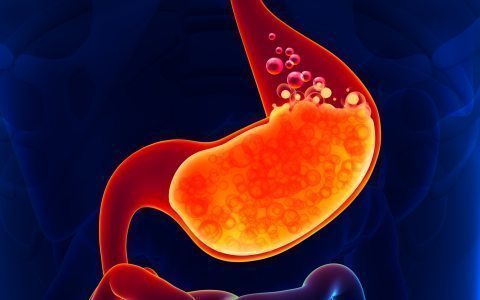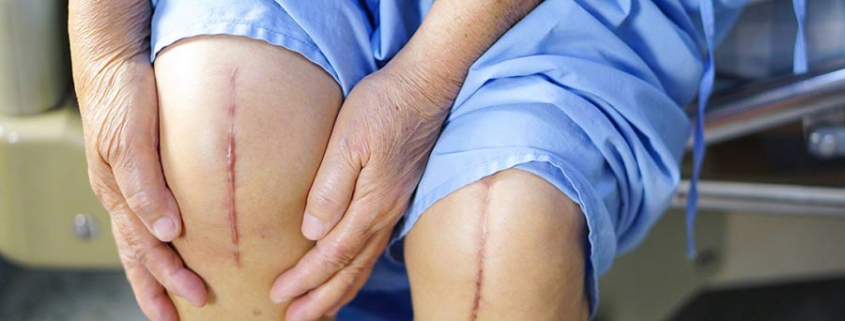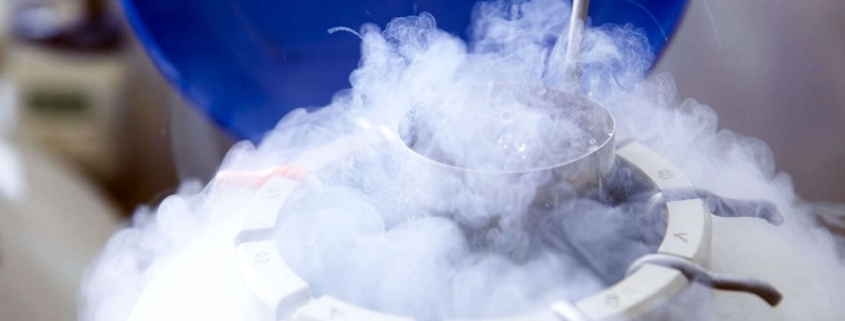One of Delhi’s best cardiologists explains…
Heart disease is the primary cause of death in the world and what is most alarming is the rise in the number of young people succumbing to this. After a certain age or after some warning signs due to other reasons, getting regular heart checkups is very important. So if you’re looking for heart checkups in Dwarka, you can visit our hospital for heart disease (in Dwarka).
During a heart checkup, a doctor will look out for any signs of heart disease and assess the risk of developing heart disease in the future. . Some risk factors are high blood pressure and cholesterol, high blood sugar, being overweight and obese and certain lifestyle choices like tobacco and alcohol consumption.
Some heart health foundations recommended that screening tests should begin as early as age 20, given the growing number of young people succumbing to heart disease. We all know the coronavirus pandemic is still very much a reality we cannot ignore, but a heart condition is something you definitely can’t ignore. Schedule your appointments well in advance and consult a doctor who can help you learn which screenings are relevant for you and how many times you should get them.
Get a doctor’s help immediatel if any of these symptoms occur
• A feeling of discomfort or pain in the chest
• Fluttering in the chest
• Slowing or racing heartbeat
• Shortness of breath
• Feeling dizzy
• Extreme fatigue
• Swelling in the feet or abdomen
These are more or less the major symptoms of a heart condition which needs immediate attention. Regular heart health screening is a very important part of preventive healthcare for adults. From around the age of 20, even earlier in some cases,, your doctor will most likely recommend you get many screening tests regularly. In case the results of the screening tests show signs of heart disease or high risk of developing heart disease in the future, your doctor may mandate some additional tests.
Family history is also taken into account to determine when the testing should start and with what frequency.
Routine tests
Even if there is no history of heart disease, these tests are recommended generally
• Blood pressure and cholesterol tests, beginning by the by age20 for most people
• Blood glucose tests, starting by 40 to 45 for most
• Body mass index (BMI) measurement
Some may recommend high-sensitivity C-reactive protein (hs-CRP) testing which measures C-reactive protein (CRP), a marker of inflammation or infection that’s associated with higher risk of heart attack.
Other heart tests
If a doctor believes you may have heart disease, they may order some of the following tests to better assess the condition of your heart:
• Electrocardiography (ECG, EKG). Tiny sticky electrodes are put on to your chest and attached to machine known an an ECG machine which will record a heart’s electrical activity and give information about your heart rate and rhythm.
• Exercise cardiac stress test. Electrodes are stuck on to your chest and attached to an ECG machine. Then you’ll have to walk or run on a treadmill, or pedal on a stationary cycle, while healthcare professionals assess your heart’s response to the physical stress.
• Echocardiography. An ultrasound machine will create moving images of your heart to determine whether you have problems with the pumping of your heart, and to assess the valves.
• Nuclear stress test. A minuscule amount of radioactive dye will be injected into your bloodstream from where it will travel to the heart., and using an imaging machine a healthcare professional will learn how blood is flowing through your heart.
• Cardiac CT scan for calcium scoring. You’ll be placed under a CT scanner with electrodes attached on the chest to record the heart’s electrical activity. A healthcare professional will uses a CT scanner to re-create images of your heart and check for any plaque that may have built up in the coronary arteries.
• Coronary CT angiography (CTA). Similar to cardiac CT scans, you’ll be made to lie under a CT scanner with electrodes attached to the chest in order for a healthcare professional to record the heart’s activity and render pictures of it based on the CT scan images. A contrast dye will be injected into the bloodstream to make it easier for doctors to check for plaque buildup in the coronary arteries.
• Coronary catheter angiography. A tiny tube, or catheter, is inserted into the groin or arm and careered through an artery to the heart. Contrast dye is injected via the catheter and a healthcare professional will take X-ray images of your heart, allowing them to check whether the coronary arteries are narrowed or blocked.
If diagnosed with a heart disease, you may have to go in for a combination of changes in lifestyle, medication, or any other treatment to manage it.
A heart checkup test isn’t all that complicated
A regular heart health checkup doesn’t usually involve any complicated tests. To monitor your heart’s health, your doctor will measure your weight and assess BMI, measure blood pressure, order a few blood tests to check for cholesterol and blood sugar, enquire about your diet, activity, ask about personal and family medical history and ask whether you’ve noticed changes in your overall health recently.
Monitoring the parameters of your heart is as important as any other aspect of your overall health. Don’t skip out on regular heart check ups because of coronavirus, hospitals like ours follow all international protocols and safety measures, with isolated consultation and testing areas. Heart conditions are serious, and should not be left by the wayside.


